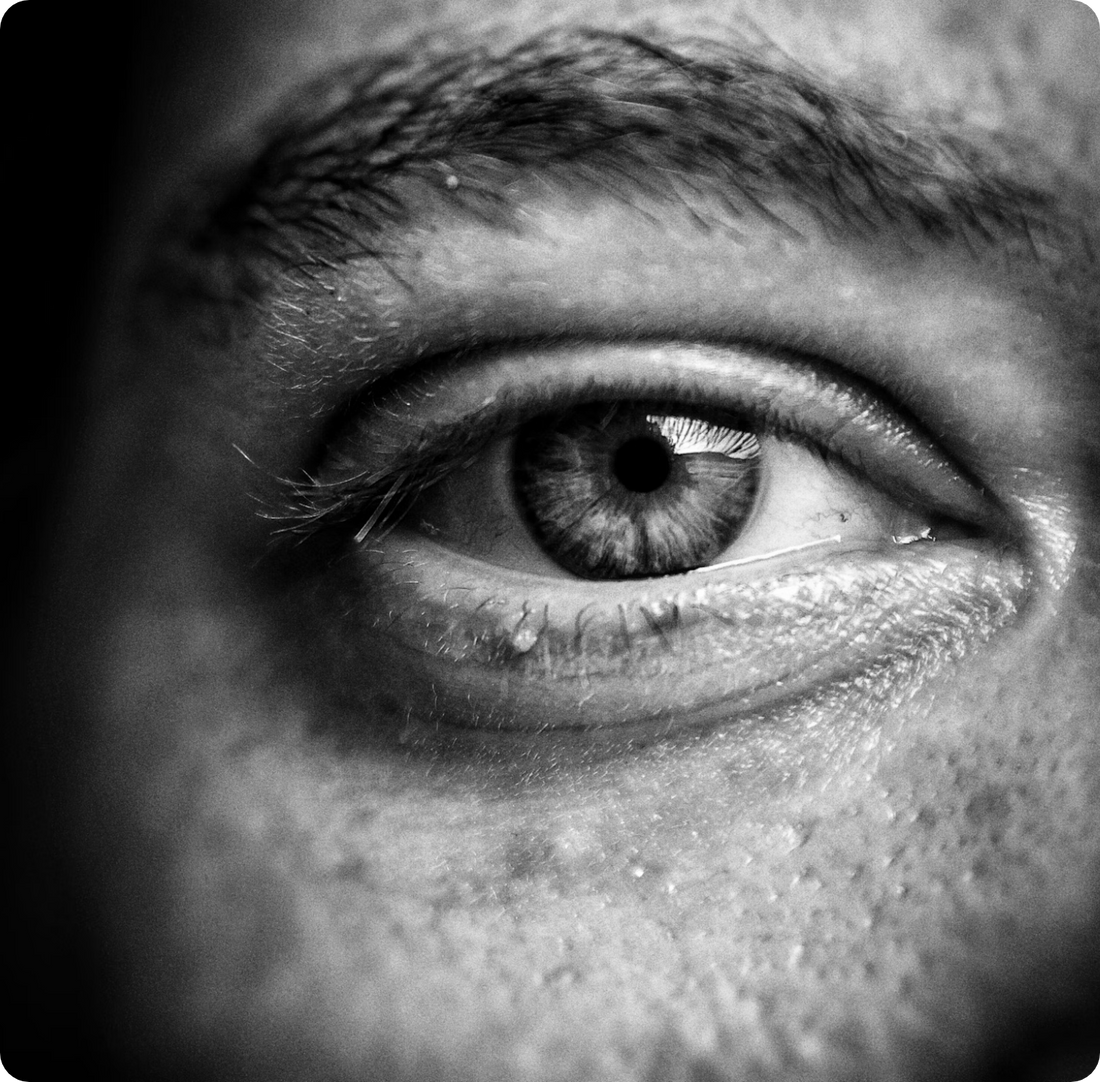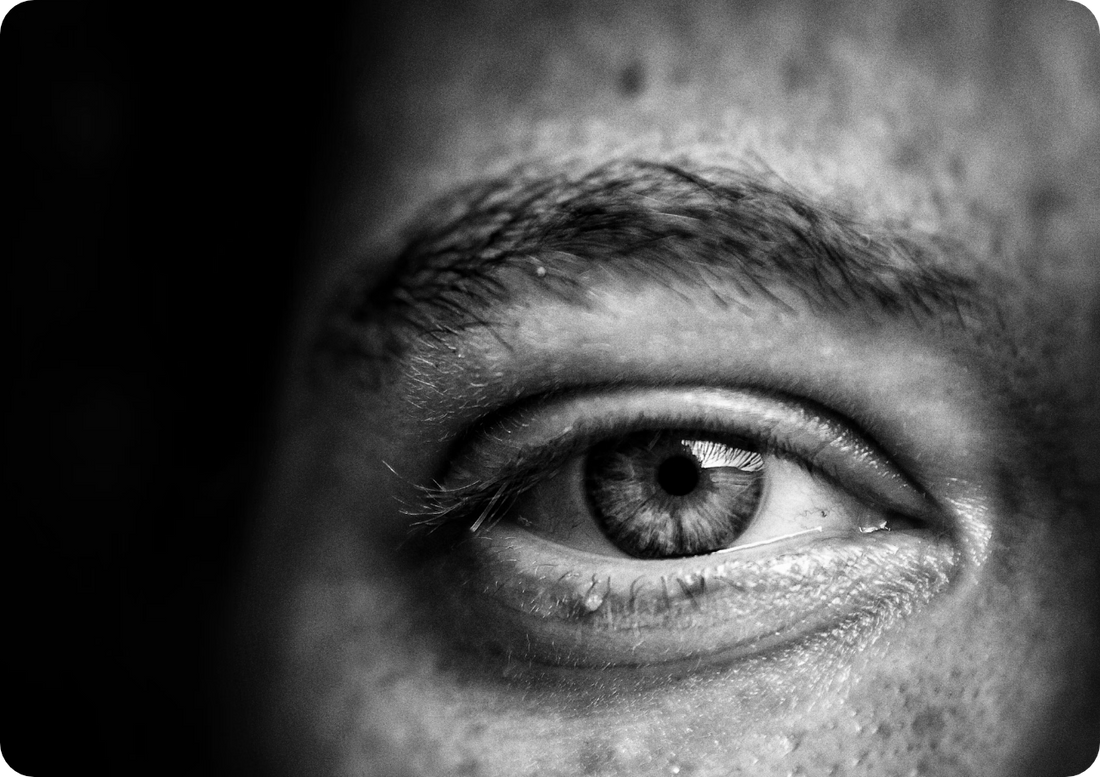Over half of the American population have cataracts or have undergone cataract surgery by the age of 80. Cataracts cause cloudy lenses, leading to blurry vision and faded colors. Several factors contribute to cataract development, including exposure to ultraviolet radiation, smoking, environmental oxidants, long-term use of certain medications, diabetes, trauma, and radiation therapy.
What exactly are cataracts?
A cataract begins developing when the proteins in the eye form clumps which distorts the light waves being emitted into the retina. Although initially these clumps are harmless, overtime these can become alarming as they seriously reduce one’s vision and interfere with everyday tasks like reading, driving etc.
The symptoms of cataracts are as follows:
- Blurred, cloudy or dim vision
- Significantly reduced ability to see at night
- Colors appear faded or muted
- Glares appear more spread out
- Lights appear surrounded by halos
- Double vision
- Overall deterioration of vision
Diagnosis
Your eye doctor performs several tests to check for cataracts and assess your vision. An eye chart is used to test your eyes at different distances. Tonometry is used to check pressure in your eyes. Your eye’s sensitivity to glares and perception of colors is also tested.
What is the treatment of cataracts?
Corrective Lenses: Prescription lenses can effectively address early cataract symptoms, avoiding the need for surgery. Optimal eyeglasses, magnifying glasses, or anti-glare-coated sunglasses are recommended by doctors to manage these symptoms.
Surgery: If your vision has been reduced to the extent that it is interfering with your ability to live a normal everyday life, then surgery is recommended.
- Phacoemulsification: uses ultrasound waves to break the lens apart and remove the pieces.
- Extracapsular surgery: using a long incision into the cornea the blurred lens is taken out and replaced with an artificial intraocular lens.
Cataract surgery is generally considered very safe and has a high rate of success.
Ways to prevent cataracts:
- Wear sunglasses outdoors
- Regular eye exams
- Quit smoking
- Antioxidant rich diet
- Maintain your weight
- Manage other diseases like diabetes etc.








